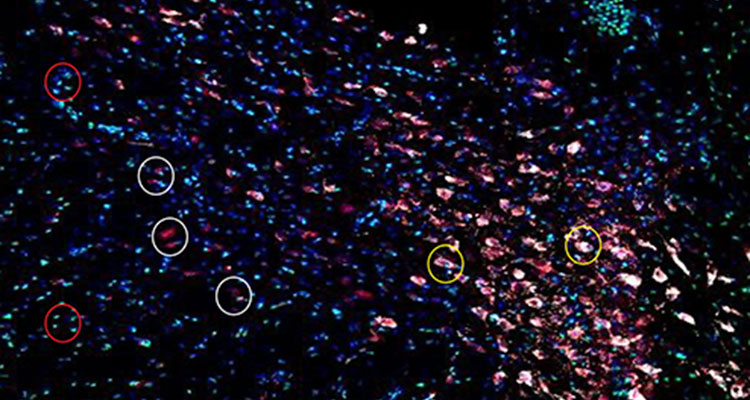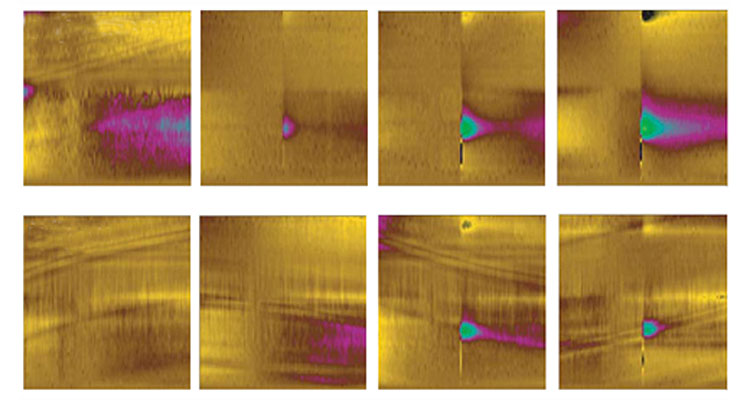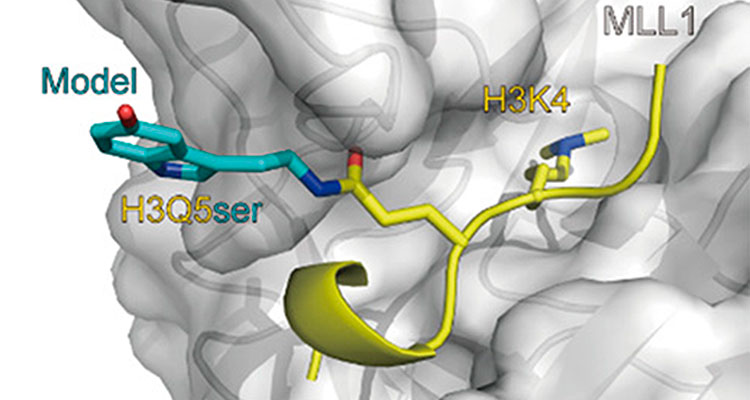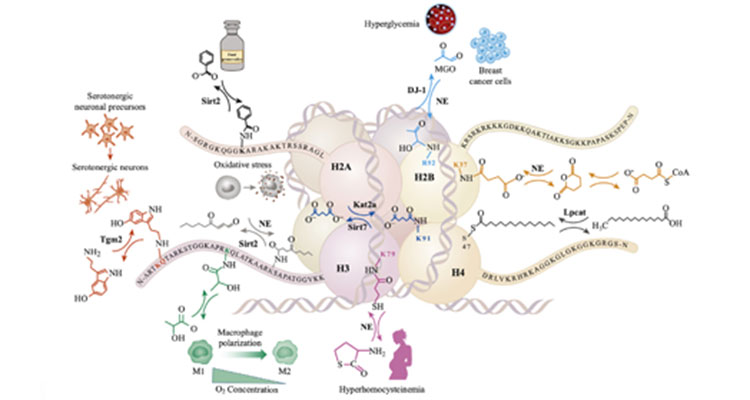The Center for Neural Epigenome Engineering at the Icahn School of Medicine at Mount Sinai is the nation’s first center devoted exclusively to neuroepigenomic engineering. We perform state-of-the-art neurobiological research, focusing on chromatin biochemistry, chemical biology, protein engineering, and single-cell omics (including spatial transcriptomics) as they relate to studies of the central and peripheral nervous systems.
Neuroepigenetic processes play critical roles in neural development and plasticity-related modifications of the adult brain. Aberrations in these processes can produce devastating neurological and psychiatric disorders, such as epilepsy, Parkinson’s disease, Alzheimer’s disease, substance use disorders, and major depressive disorders. These aberrations can occur during brain development or throughout life, due to a variety of factors, such as environmental toxins, physical trauma, chronic stress, and exposure to drugs of abuse. By facilitating the integration of technologically innovative and sophisticated new methodologies in chemical biology, proteomics, protein biochemistry/engineering, and structural biology, we can accelerate the discovery of mechanisms responsible for neurodevelopmental and neuropsychiatric illnesses and development to targeted neurotherapeutics to treat these conditions.
To achieve these goals, the Center, led by Ian Maze, PhD, Professor of Neuroscience and Pharmacological Sciences at the Icahn School of Medicine at Mount Sinai and an Investigator with the Howard Hughes Medical Institute, is leveraging technological innovations to guide mechanistic investigations and drug development strategies. We anticipate that these efforts will drive breakthrough advances in our understanding of how chromatin regulates basic brain function and the complex genetic and epigenetic processes that, when perturbed, afflict the brain.



